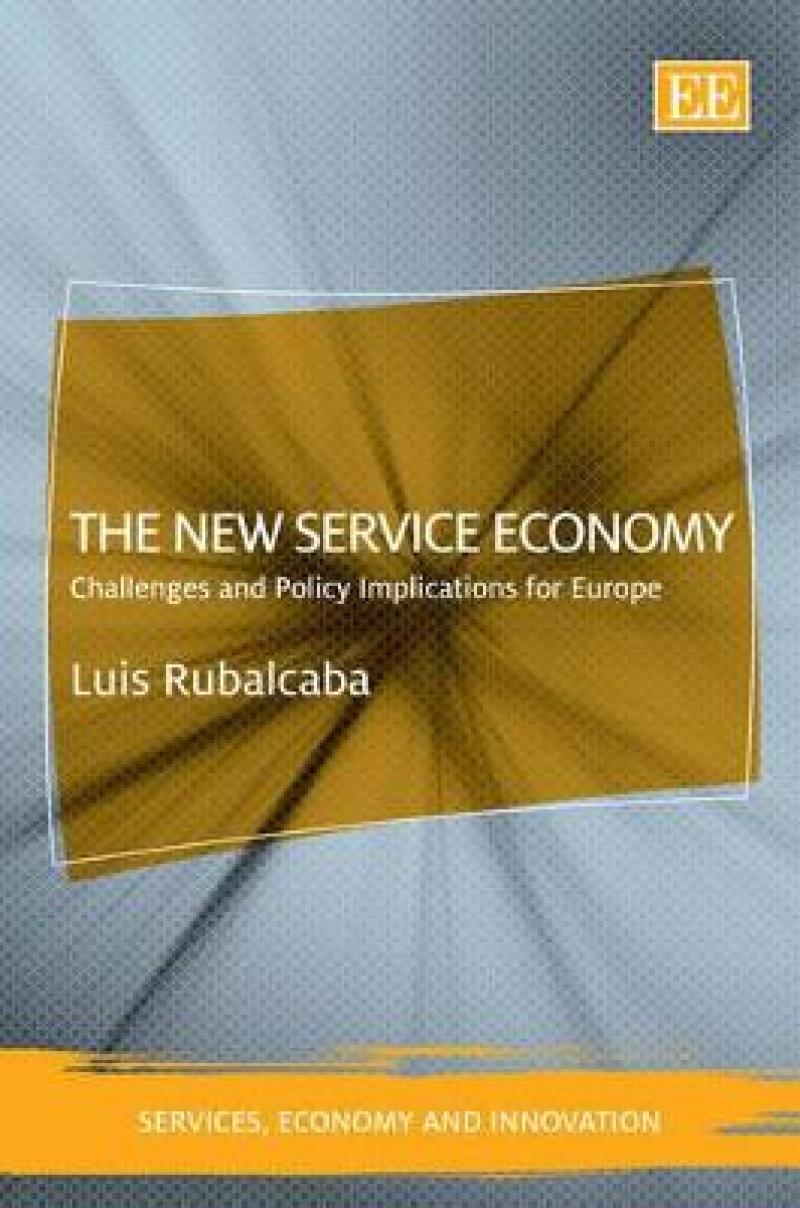<i>'. . . this book. . . is an outstanding step forward to our understanding of service economics beyond the simplistic, traditional notion of employment and gross domestic product levels in modern societies. It really establishes a new level of analytical thinking and discourse about service activities which in turn would allow the creation of new ideas, frameworks and working hypotheses at different levels of analysis, to contribute to the further development and systemic integration of our scientific knowledge of services and its role in our society.'</i>
- Javier Reynoso, Journal of Service Management,
<i>'. . . the book clearly makes a huge step forward in terms of ensuring accurate understanding of the service sector. . .'</i>
- Agence Europe,
<i>'This is an academic and policy-oriented study, not a business book. Researchers will find it useful, while policy-makers will find it informative. . . There is ample data, which is well analysed and clearly presented, and a good review of recent studies on the impact or potential impact of a more liberalized market. . . The reading is easy and at times energetic. Rubalcaba is enthusiastic about his subject and is frequently defending the sector against criticism that it is less productive than the goods sector and thus reduces economic growth.'</i>
- Paul Vandenberg, Global Business Review,
<i>'. . . a serious-minded assessment of the modern challenges involved in the new global economy, including dynamic changes in employment, productivity, innovation, and competitiveness. . . Supported by extensive scientific research, graphs, and notes, </i>The New Service Economy<i> is an utterly indispensable addition to college and graduate-level economic studies shelves, rife with insights into the rapidly changing modern world and the resulting implications especially for Europe.'</i>
- Midwest Book Review,
On the basis of these challenges, the book examines the existing and potential services-related policies at the EU level, incorporating discussions on regulation, competition policy, internal markets and regional policies. The book argues that the orientation of many of these policies is still in its incipient stages and there is much to be done in terms of scope, definition, coordination and shaping to satisfy the needs and varied nature of heterogeneous services. To have a strong and integrated services market in the EU remains as a major policy objective requiring new impetus and political ambition in order to succeed.
This is a unique work combining new evidence on the service economy and a full range of policy implications at the EU level. As such it will be of interest to researchers and policymakers, professionals in service firms, students in international business and those interested in services as a dimension of any economic and business activity.
